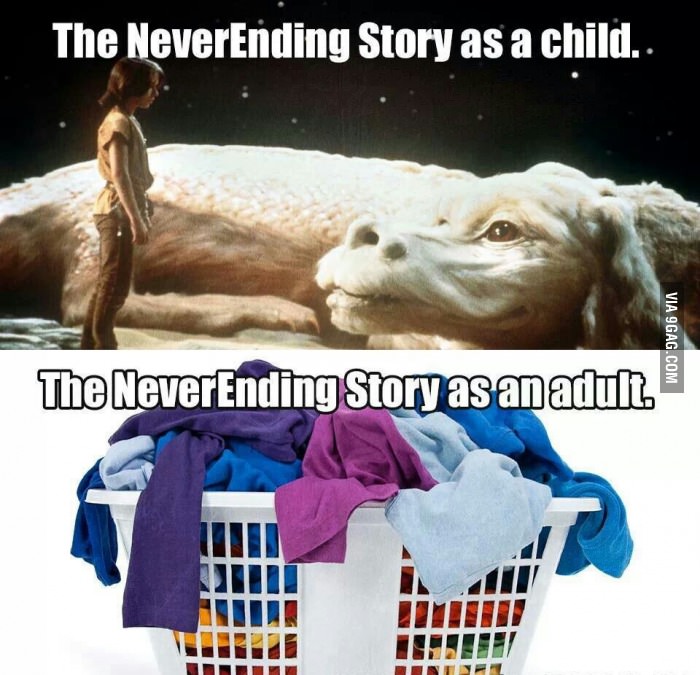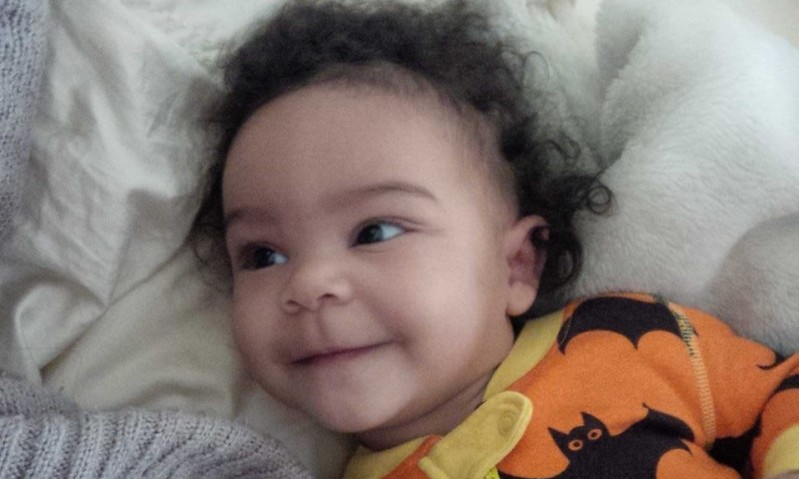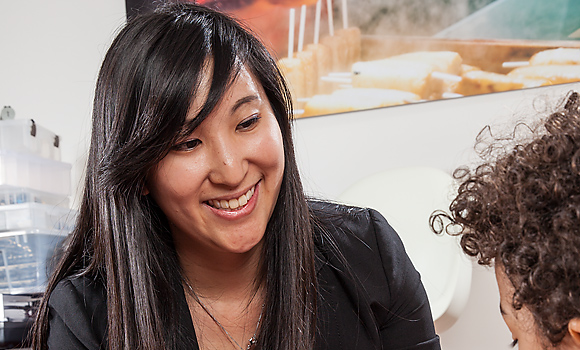
Choosing a Speech Therapist Congratulations on making the decision to improve your child’s life. It’s no exaggeration to say that choosing a speech therapist can be profound, life changing decision….
If your child isn’t following this guide, contact us now:
When a child doesn’t develop language according to developmental norms (more or less), they have delayed language. This doesn’t mean that every child develops language in the same way at the same time. It does mean that there are some warning signs of delayed language that parents can be aware of.
If you have a child with delayed language, you should obviously seek help, but what kind of help? Our approach has some unique features:
We make you central to your child’s therapy. Research supports the role of parents as key therapy partners when it comes to fixing delayed language.
The sooner you start working on language-learning the easier it is and the better your outcome will be. The sooner you start, the easier the learning process will be for you, and the more your skill will grow with your child.
We work with you in your home, doing what you do and showing you how to turn the things you do everyday into powerful tools to make your child’s language grow.
If you are concerned, the time to act is now. The longer you wait, the less you and others will be talking to your child. They will get fewer and fewer opportunities to practice their language. At the same time they will get older and their language will stay the same. They might also learn ways to get their message across that might be very negative, like dragging people to things, screaming and even hitting in some cases. There is no reason to run that risk, and advice to wait and see (without having consulted a speech pathologist) is not worth following.
We’re yet to meet anyone who regrets asking us about their concerns.

Choosing a Speech Therapist Congratulations on making the decision to improve your child’s life. It’s no exaggeration to say that choosing a speech therapist can be profound, life changing decision….

What is Delayed Language? Your child is two and not talking, you compare them to your older children, or other children you meet. You see them putting sentences together…

A routine is an activity you normally do with your child that tends to occur the same way every time. A routine has a theme (getting dressed, going to bed,…

If your child has delayed language, this can be a difficult things for a parent to learn. When your child has delayed language sometimes it might feel like you always…
Let us know